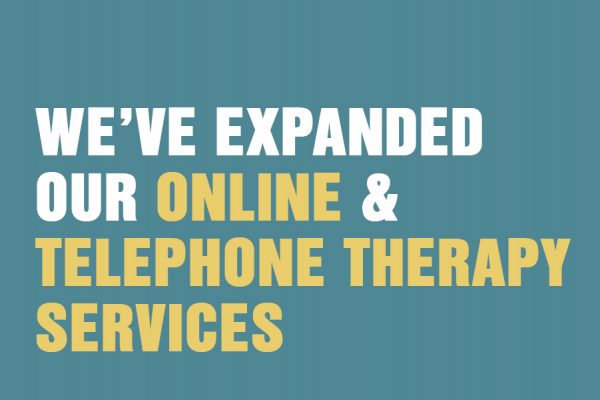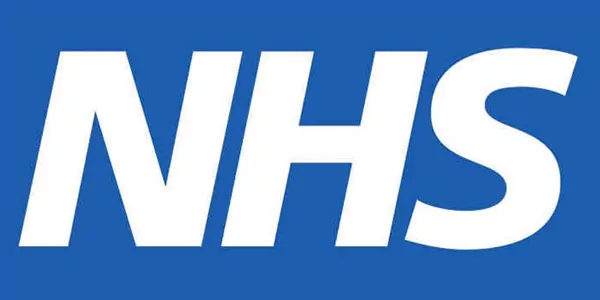The first step towards becoming a counsellor is to complete a year’s initial training, to equip you with the skills and knowledge necessary to pursue the next level towards qualifying as a therapist.
People choose to do counselling courses for a whole range of reasons. They may be considering a career change and seeking an option that brings them more meaning and purpose. They may want to do something that makes a real difference to their lives as well as to the lives of their clients. While others may want to brush up on life skills, such as listening and showing empathy, to help them become more effective in their current work roles. Some people even say that the journey to becoming a counsellor feels like a ‘calling’.
Whatever your reasons for taking that important first step, you may want to consider some key factors before choosing a course for your foundation year in counselling.
Key factors in choosing a counselling course
1. What’s included in the course content?
Check first of all that the certificate course includes a strong mix of theory and practice. The purpose of the foundation year is to provide you with a firm understanding of what counselling is and isn’t. It will educate you on boundaries and confidentiality – all part of becoming a competent, ethical practitioner. The course also needs to give you a robust understanding of theory. Importantly, you’ll need to practise what you’re learning – so ensure skills work is a core part of the curriculum.
2. Who’s providing the course?
Think about the organisation and who is delivering the course. What’s their history? How long have they been around? There are so many courses out there and it can be a challenge to work out which one’s for you. So, check how robust the organisation’s credentials are.
Take on board the history and expertise within the organisation. Check that the tutors are experienced practitioners in their own right and that they have a sound knowledge base they can share with you.
3. Do the numbers add up?
Cost will inevitably be a factor. Search for courses within your budget and work out what you’ll receive in return for your investment. A significant point to consider here is how many participants will be registered on the course. There needs to be enough people to create the right dynamic for learning – and there also needs to be space for individual attention.
4. What about timing?
If you’re considering a career change then you’re most likely to be in employment already, or juggling family commitments. You may want to seek out a course that runs at evenings and/or weekends to ensure you can fit your new learning into your life.
5. What support will you receive?
Foundation courses in counselling can vary hugely in terms of the support they offer. Do you thrive on reading things on your own and taking it all easily in your stride? Do you love exams and expect to be tested on your knowledge? Or do you learn through experience and prefer coursework to exams? And do you benefit from individual support and feedback from tutors and supervisors? Reflect for a moment on how best you learn and seek a course that best meets your needs.
Many counselling course providers will offer open days or information evenings. Check them out to see which course feels right for you.
Kevin Hamilton is the Training Manager for The Awareness Centre (TAC) Training School, which offers a one-year Foundation Certificate in Counselling, a two-year Diploma in Integrative Counselling, and a range of continuing professional development (CPD) workshops. For more information and to book onto the TAC Training School’s one-year foundation course, call 020 8673 4545 or go to www.theawarenesscentre.com/foundation-certificate-counselling







